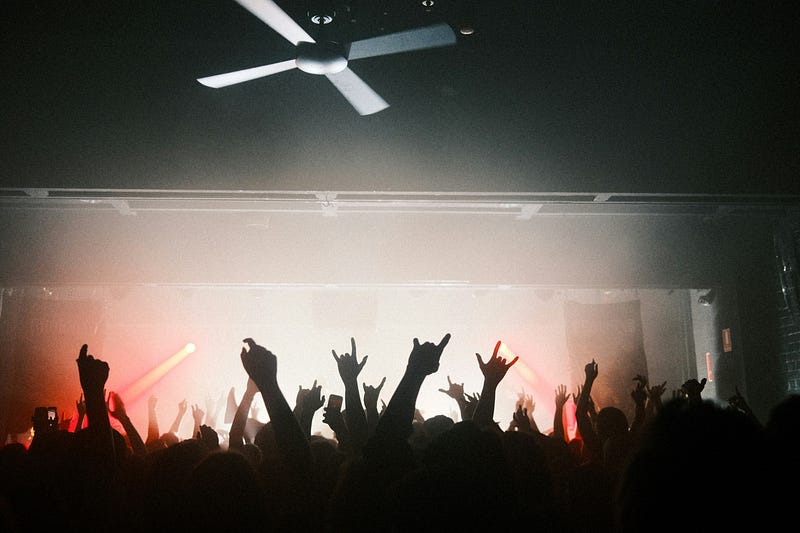I would like to present the people with the greatest-rising association with the word “terrorist,” every year from 2005-2023, according to Google Trends. Some of these examples demonstrate the demonization of different identity groups by society over time as well as the wide variety of cases the term “terrorist” is used for.
The names in this article are based on worldwide data, not country-specific data. I know data may vary depending on country, but I think basing it on worldwide data can show us the enemy of the country that was the most powerful at the time.
In 2005, the face of terrorism was Volkswagen.
In 2006, the face of terrorism was Zinedine Zidane.
In 2007, the face of terrorism was Achmed the Dead Terrorist.
In 2008, the face of terrorism was Bill Ayers.
In 2009, the face of terrorism was the Taliban.
In 2010, the face of terrorism was Carlos the Jackal.
In 2011, the face of terrorism was Osama bin Laden.
In 2012, the face of terrorism was Anna Hazare.
In 2013, the face of terrorism was Dzhokar A Tsarnaev.
In 2014, the face of terrorism was the Islamic State.
In 2015, the faces of terrorism were Christian terrorists.
In 2016, the face of terrorism was Black Lives Matter.
In 2017, the faces of terrorism were anti-fascists.
In 2018, the faces of terrorism were Islamic terrorists.
In 2019, the face of terrorism as the United States Coast Guard.
In 2020, the faces of terrorism were the U.S. State Department List of Foreign Terrorist Organizations.
In 2021, the face of terrorism was the Taliban.
In 2022, the face of terrorism was state-sponsored terrorism.
In 2023, the face of terrorism was Hamas.
I knew it! Social media is depersonalizing how we view each other! From 2014 onward, the enemy has been organizations, while from 2005-2013, it has been mostly individuals. Honestly, I enjoyed it more back then, when people understood that there was variation within groups.
Can you make out any other patterns from the data?
#Terrorism #GoogleTrends #Media #Representation #Culture
You can also view this article at https://medium.com/@non-monetized_together/178a35c76cf1?source=friends_link&sk=8fc18a4ee30a965708e99baf2656929b.
Discuss...



